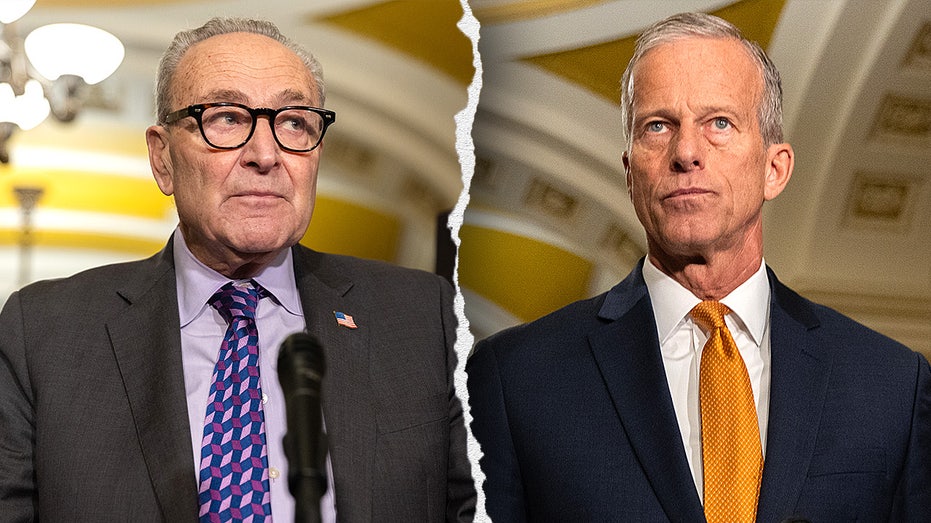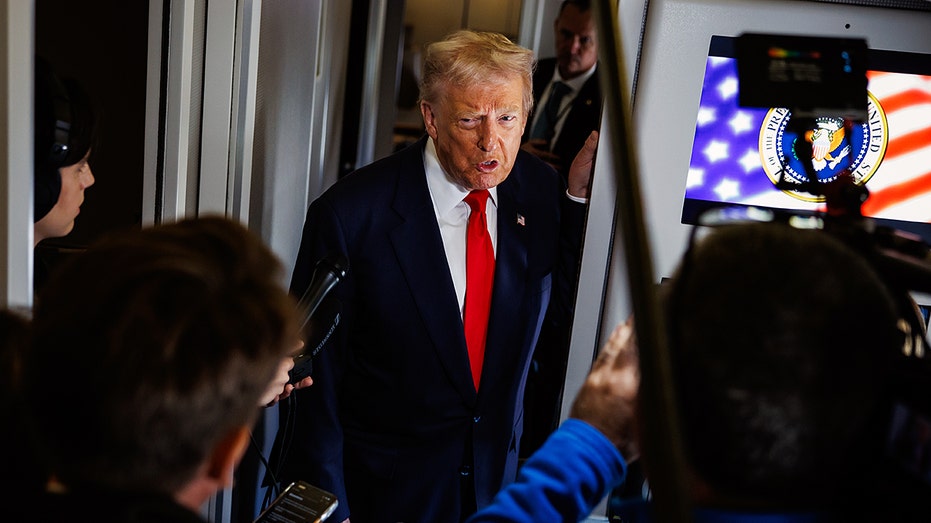A subtle but significant shift has begun to ripple through the Senate. After weeks of stalemate, lawmakers are increasingly focused on finding a path to end the month-long government shutdown, though optimism remains cautiously guarded.
Behind closed doors, a new energy is emerging. Rank-and-file members from both parties, particularly those on the Appropriations Committee, are engaging in more frequent conversations, exploring potential solutions. Discussions center around extending the current funding resolution, buying precious time to finalize the full appropriations bills.
Despite these encouraging signs, deep divisions persist. Senate Democrats have repeatedly blocked Republican attempts to pass a continuing resolution, effectively halting progress. Their core demand – addressing expiring healthcare subsidies – remains a critical sticking point, even with offers of a separate vote on the issue.
Senator John Thune acknowledged the Democrats’ internal discussions on spending bills as a positive development. However, he emphasized the practical realities of the legislative process, arguing that reopening the government is the most immediate priority. The sheer time required to debate and pass funding bills presents a formidable obstacle.
A growing sense of urgency is taking hold as the shutdown’s consequences become more acute. Senators are recognizing the dwindling window to complete the appropriations process through traditional bipartisan means, a process already complicated by the Senate’s 60-vote filibuster rule.
While some express cautious optimism, the situation remains fragile. High-level negotiations between party leaders and the White House have yet to materialize. President Trump has offered to speak with Democratic leaders, but only after the government is reopened, a condition Democrats view with deep skepticism.
For many Democrats, President Trump remains the ultimate decision-maker. They believe any agreement reached on Capitol Hill will ultimately require his approval, making his direct involvement essential. Without a clear signal from the President, they feel any progress is illusory.
Republicans, conversely, maintain that the key to resolving the shutdown lies with Senator Schumer and his ability to secure the votes needed to overcome the Senate’s filibuster. They believe a breakthrough won’t occur until Democrats demonstrate a willingness to compromise.
The pressure is mounting on both sides. Millions face the prospect of losing food assistance, federal employees continue to work without pay, and disruptions to air travel are becoming increasingly common. These escalating consequences are adding weight to the need for a resolution.
Senator Murkowski aptly described the current state of affairs as “talks about talks.” While dialogue is ongoing, the critical question remains: can these conversations translate into tangible results? As lawmakers departed Washington for the weekend, that answer remained elusive.






